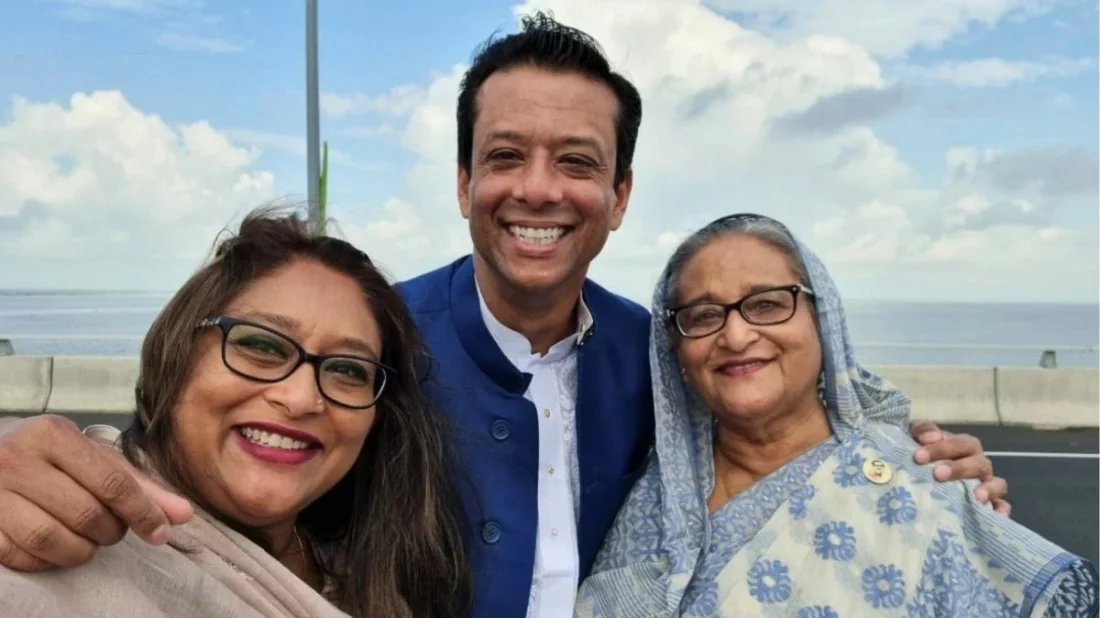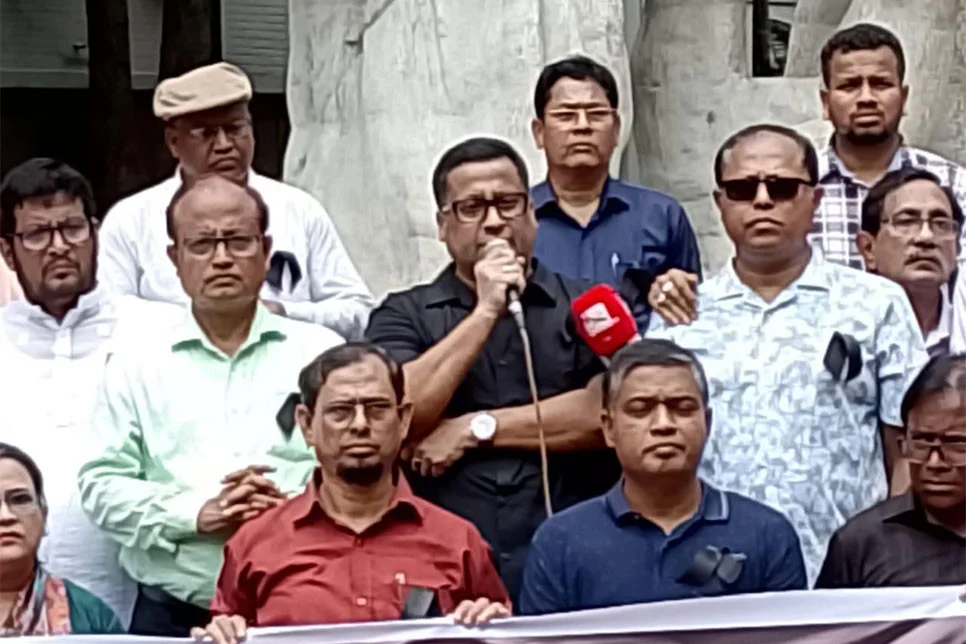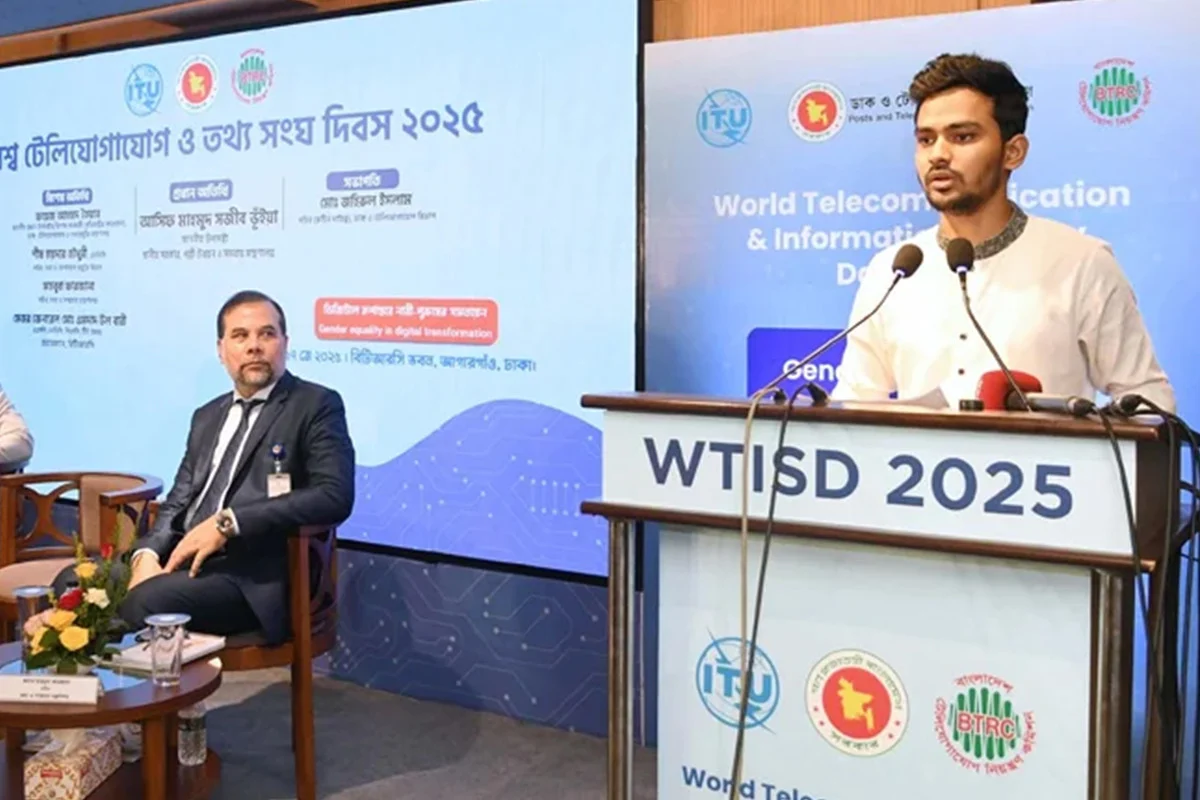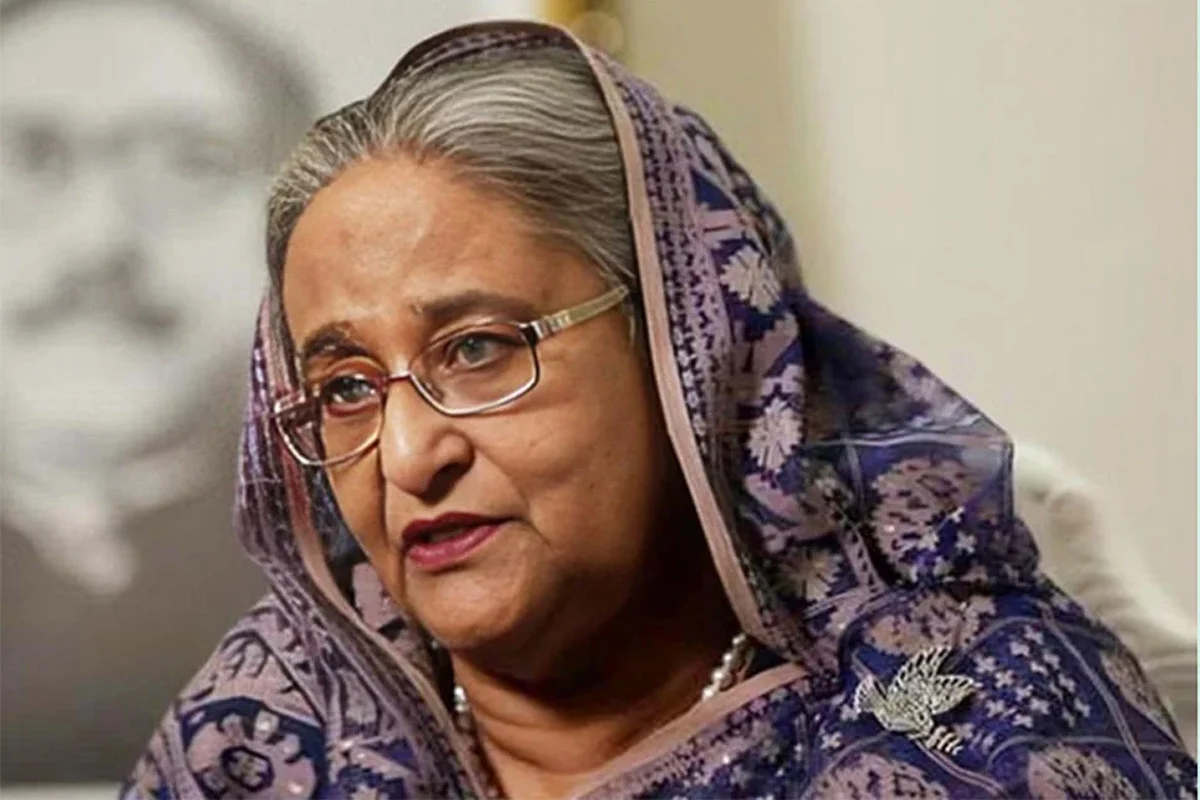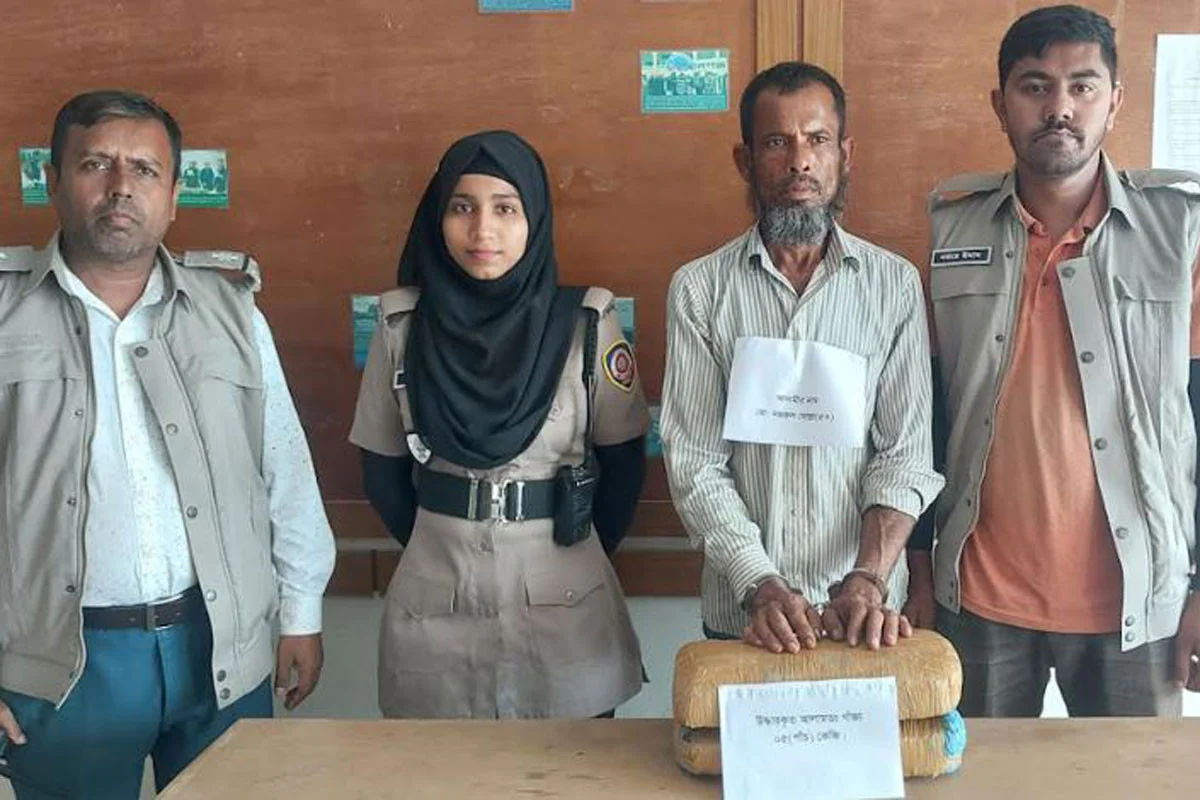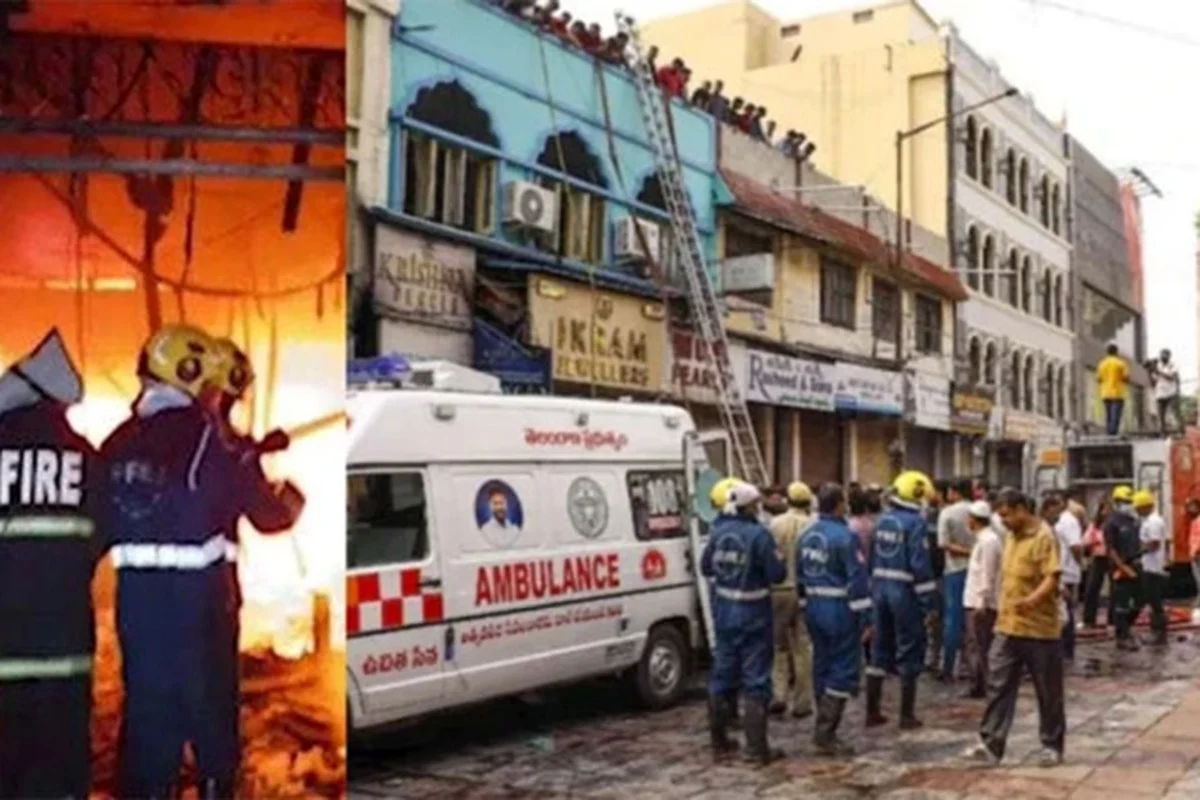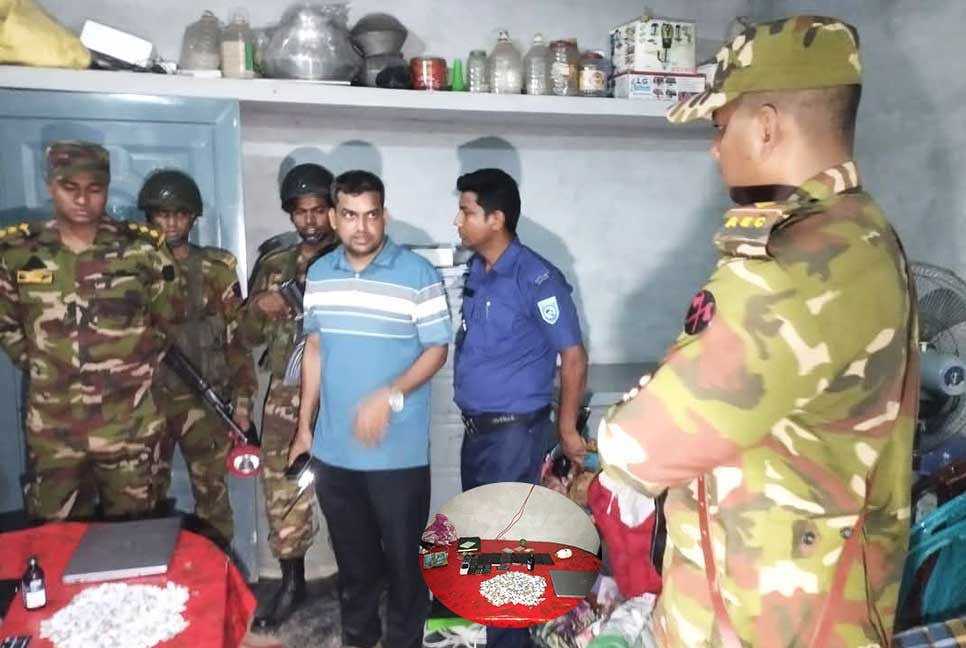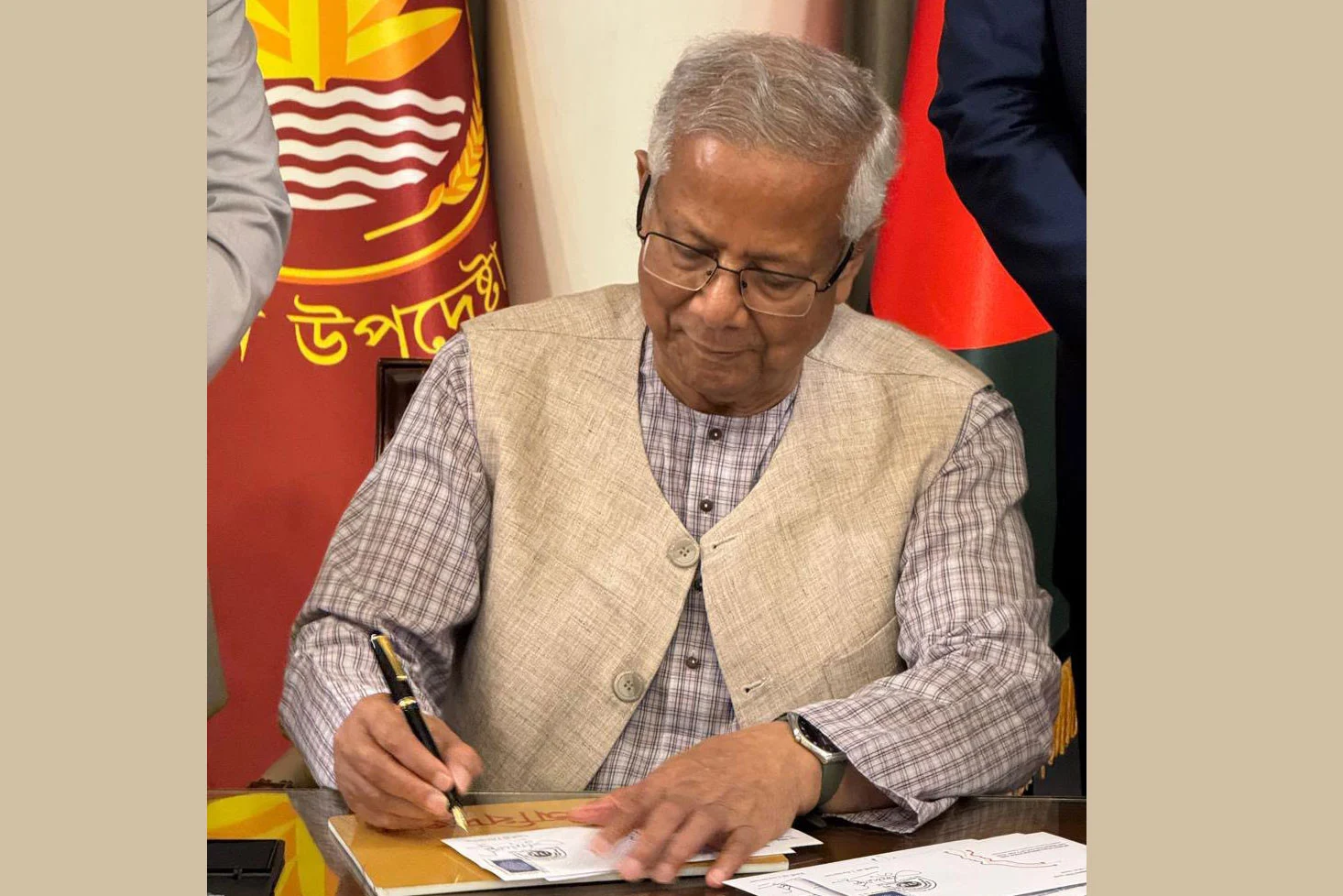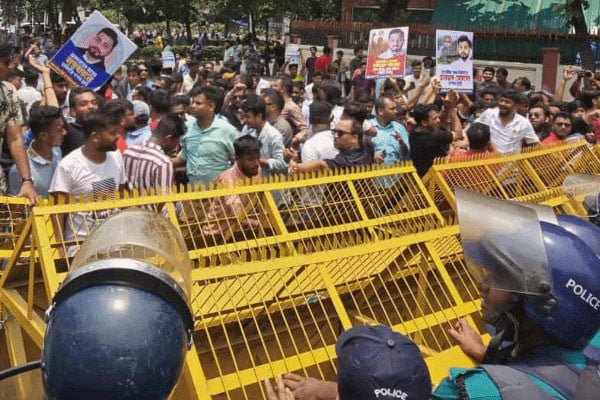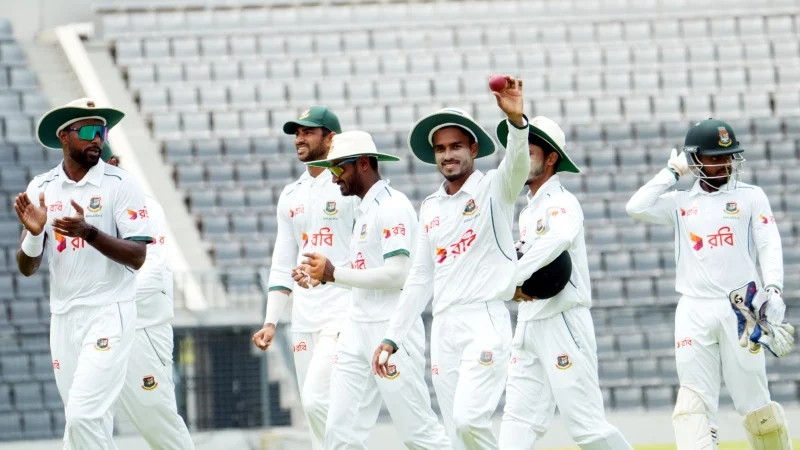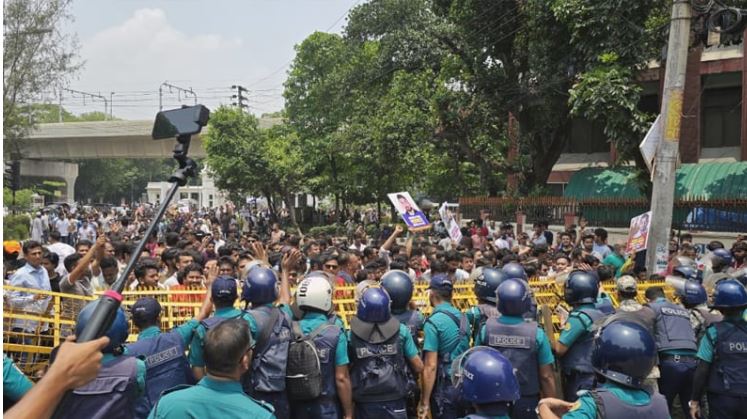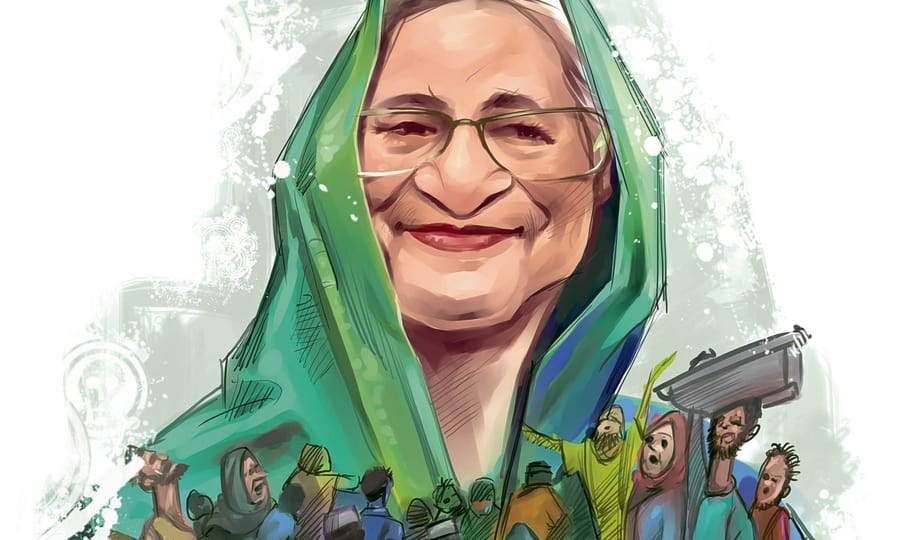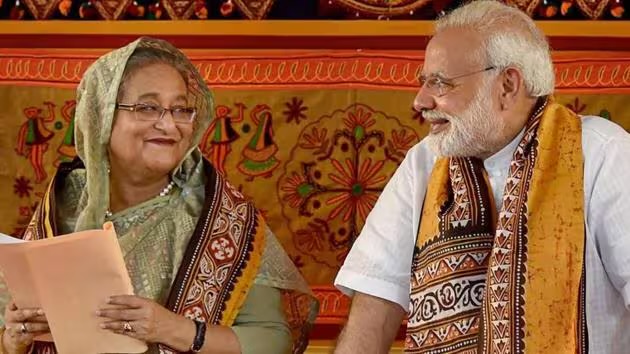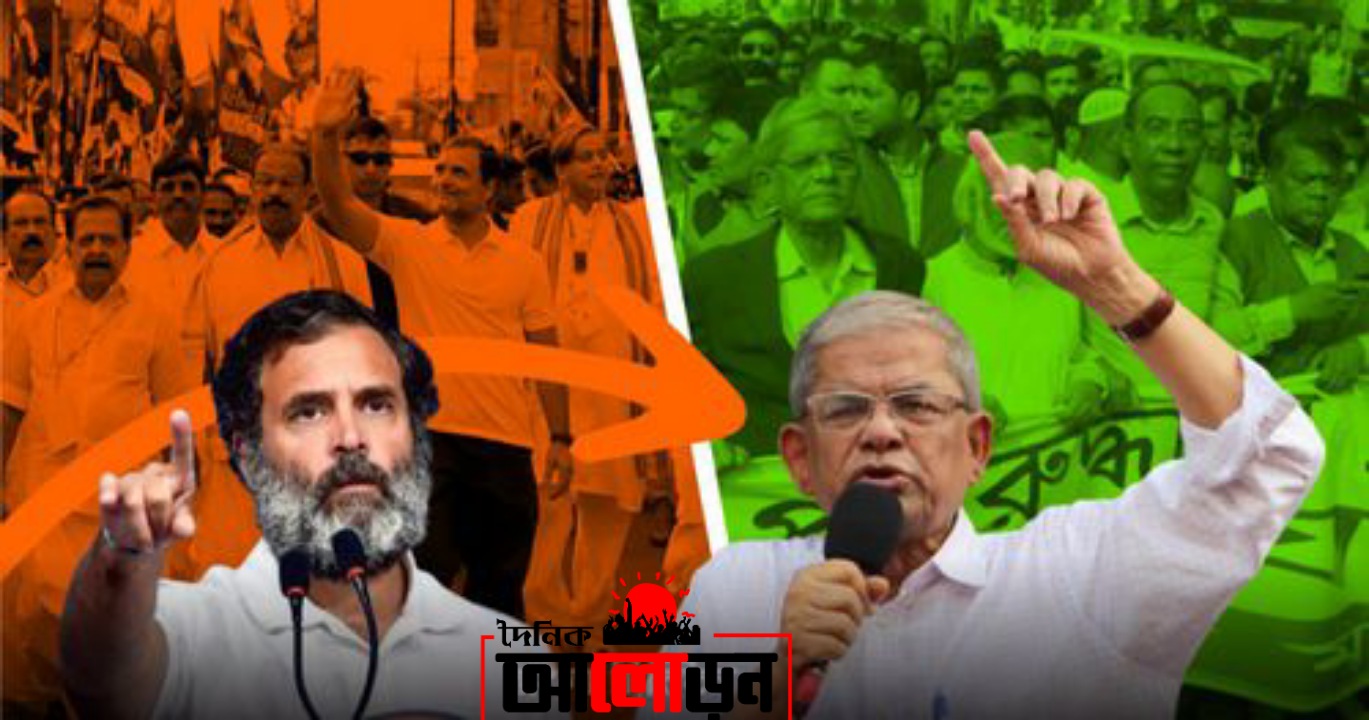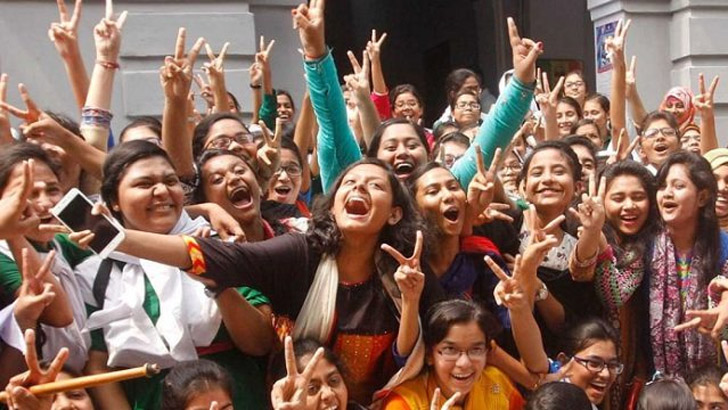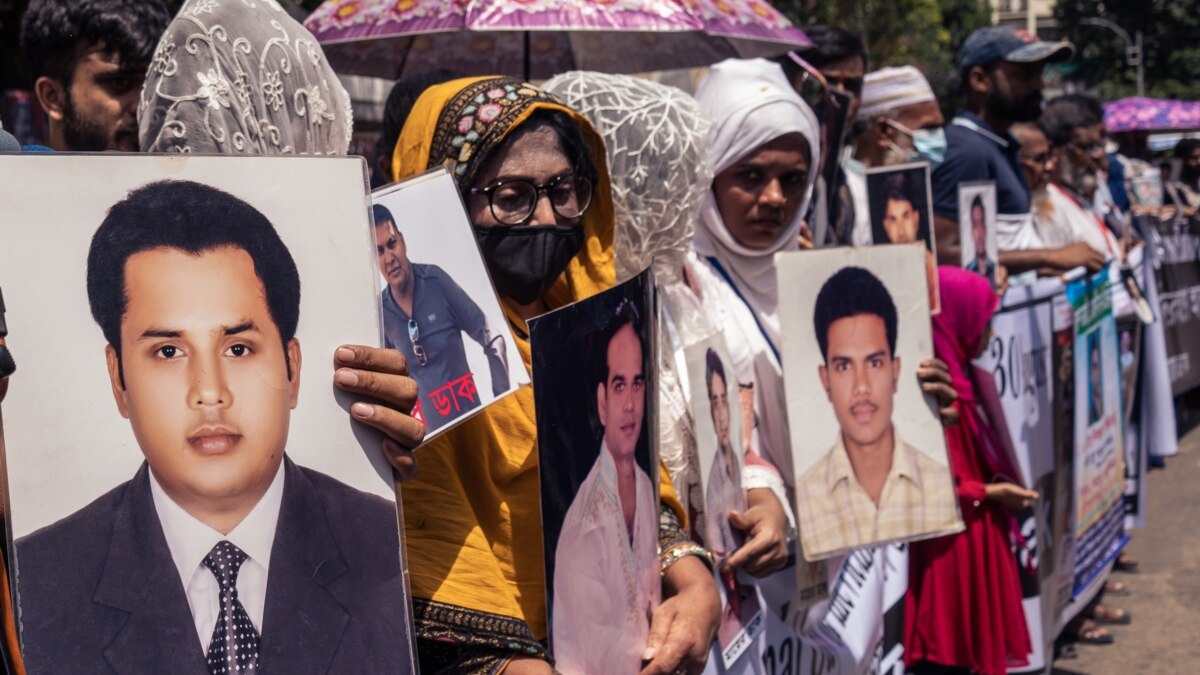
Reporter, Apurbo Ahmed Jewel: Extrajudicial killings are a serious human rights violation that has been a concern in Bangladesh for many years. Extrajudicial killing is defined as the killing of a person by the state or its agents without any legal justification, such as trial or judicial process. These killings often occur in situations where the rule of law is weak, and the government and its security forces operate outside the law.
In Bangladesh, extrajudicial killings have been committed by various state agencies, including the police, Rapid Action Battalion (RAB), and other security forces. These killings are often referred to as “crossfires”, “gunfights” or “encounters”. The victims are usually alleged criminals, but there have been cases where innocent people have also been killed.
The Bangladesh government has repeatedly denied involvement in extrajudicial killings and said police and other security forces respect the law. However, human rights organizations have documented numerous cases of extrajudicial killings and there are concerns that these killings are carried out with impunity and on the direct orders of the government.
One of the most notorious organizations involved in extrajudicial killings in Bangladesh is the Rapid Action Battalion (RAB), and it has been accused of extrajudicial killings and other human rights violations. According to human rights organizations, the RAB has been responsible for hundreds of extrajudicial killings since its formation.
There have been several high-profile cases of extrajudicial killings in Bangladesh. In 2013, a prominent opposition politician, Salahuddin Ahmed, was abducted by security forces and later found dead. In 2016, police raided suspected militant hideouts and killed 15 people. However, it was later revealed that most of the victims were innocent and had no links to terrorism.
A major cause of extrajudicial killings in Bangladesh is weak rule of law. The criminal justice system is often slow and inefficient, and trust in the police and judiciary is lacking. This has led to a culture of impunity, where security forces believe they can act outside the law without facing any consequences.
There are also concerns about the use of torture by security forces in Bangladesh. Human rights organizations have documented cases of torture in police custody, including the use of electric shocks, beatings and sexual violence. Torture is often used to extract confessions or information from suspects.
In conclusion, extrajudicial killings are a serious human rights violation that has been a concern in Bangladesh for many years. The government of Bangladesh has taken some steps to address the problem, but there are concerns that these killings are carried out with impunity. Extrajudicial killings are a reflection of weak rule of law and lack of accountability of security forces. Addressing this issue will require concerted efforts by the government, judiciary and civil society to strengthen the rule of law and hold security forces accountable for their actions.

